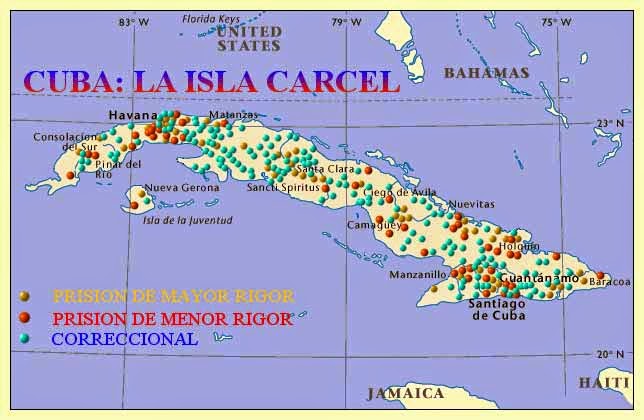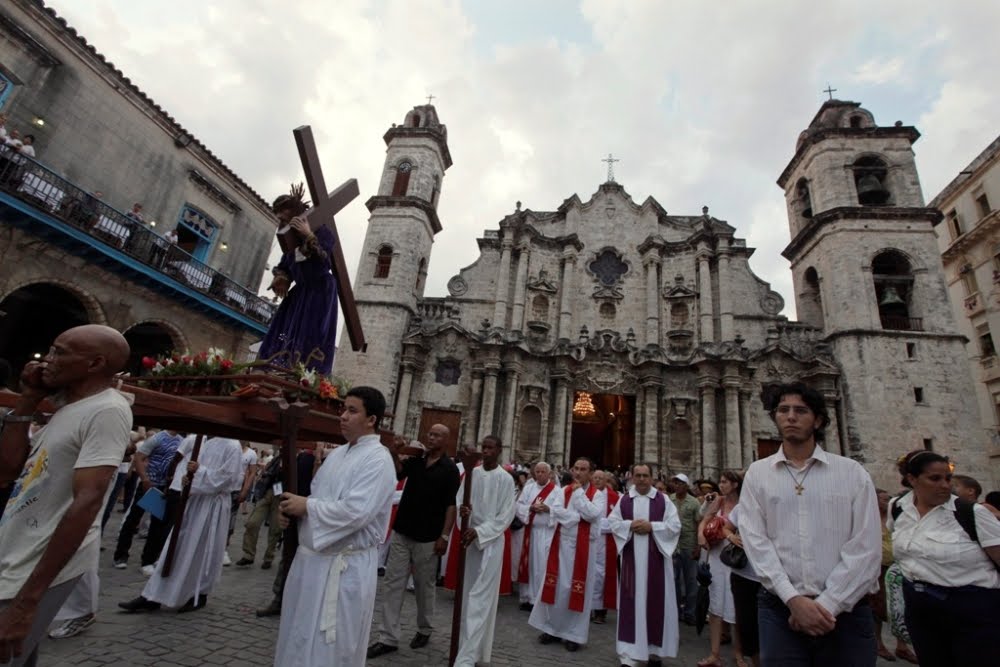Quote from the article: The Unidades Militares de Ayuda a la Producción (Military Units to Help Production), known by its abbreviation UMAP, were concentration camps stablished by the Castro regime in Camagüey Province. These camps were in operation from November 1965 to July 1968. In November 26, 1963, the regime approved law 1129, which established the Obligatory Military Service (SMO). The regime alleged, as a justification, that those disqualify to serve in the military service would be sent to the UMAP camps. In reality, the regime sent to those camps dissidents, Catholics, Baptist, Methodists, Jehovah's Witnesses, Seventh Day Adventists, Santería practitioners, priests, artists, intellectuals, gays, lesbians, prostitutes, pimps, hippies, drug addicts and anyone considered anti-social. According to Tahbaz, former Cuban intelligence agents have estimated that approximately 35,000 people were interned in the UMAP camps. Some died from torture, others committed suicide, were rape, beating, mutilated and many were traumatized for life, as shown in Néstor Almendros and Orlando Jiménez Leal 1988 award-winning documentary
“Improper Conduct” that recorded the testimonies of victims and witnesses (
YouTube).






